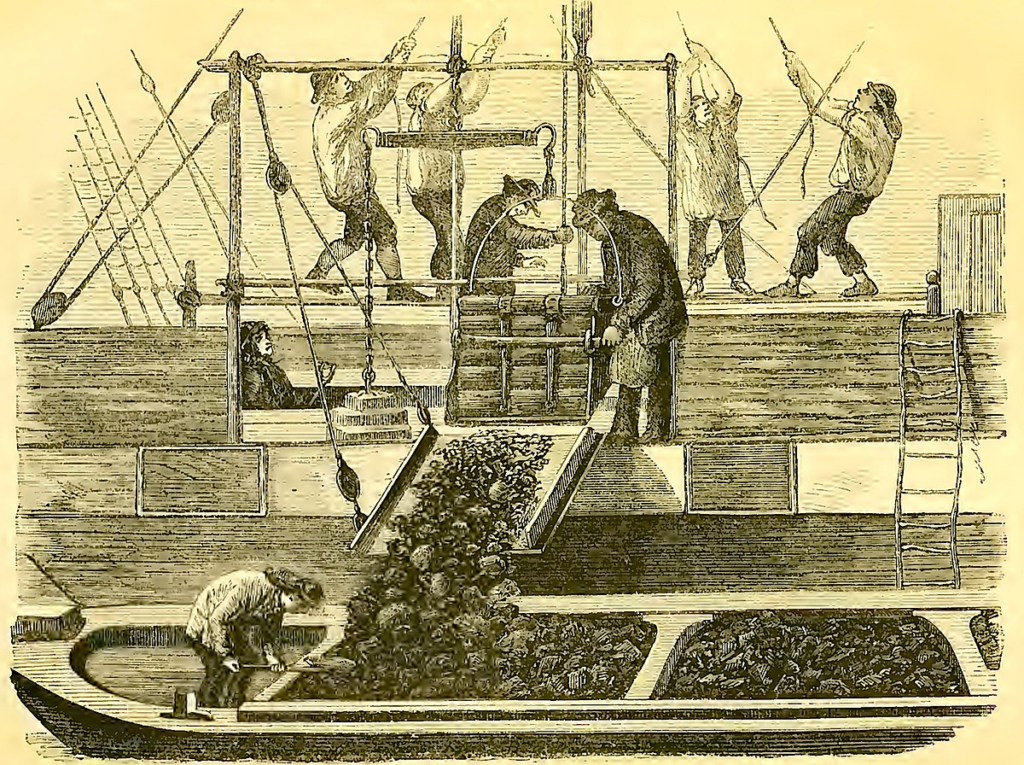Proposal Deadline: September 1, 2024
Paper Submission Deadline: April 1, 2025

This special issue revises the history of energy production and consumption through the cultural, imaginative, and infrastructural forms of Victorian literature. As scholars continue to live through the ruin of fossil fuels unlocked in industrial Britain, the special issue asks what analytics are most appropriate to studying the carbon era’s dawn. What historicist, strategically presentist, and trans-imperial methods best illuminate the Victorians’ new ecologies of fossil-fueled existence? How did Victorian writers rehearse the energy impasses of our time, and what might we salvage from their work in imagining more regenerative futures?
Central to the journal issue is an efflorescence of work on resources such as coal, peat, whale oil, petroleum, and natural gas in the energy humanities and petrocriticism. This will be the first special issue to synthesize the groundbreaking insights of the energy humanities with those of Victorian studies. Its starting point—scholars including Imre Szeman, Jennifer Wenzel, and Grahame Macdonald observe—is that historical regimes of fuel are not only geopolitical, technological, and economic; they are also cultural constructs shaped by widely shared dreams and desires. Essays might examine the signatures of oil, tallow, or coal in texts that are not self-consciously concerned with energy—for example, petroleum in Mrs. Beeton’s Book of Household Management (1861) or peat in Richard Jefferies’s After London (1885). The editor particularly welcomes work attentive to the shaping force of energy in ideologies of race, class, gender, sexuality, and nationhood: anti-Blackness and coal in Frederick Marryat’s Mr. Midshipman Easy (1836), for instance, or white womanhood and whale oil in Elizabeth Gaskell’s Sylvia’s Lovers (1863). The editor also welcomes approaches that take a global view across multiple geographies of subjugation and resistance—linking, for example, sites of sugar and petroleum production in British-controlled Trinidad with sister sites in the US and Russian empires.
Historical concepts of energy are never neutral or uncontested, as Clara Daggett points out in The Birth of Energy. They are artifacts of social struggles at the heart of liberal-capitalist modernization, struggles that endure in the way we live now. This special issue aims to elucidate those energetic concepts and struggles from their natality.
Proposals of 100 words are due by September 1, 2024. Full essays of 5,000 – 8,000 words (inclusive of notes) will be due April 1, 2025 and will be evaluated by an anonymous peer reviewer and VR’s editorial board.
Kindly direct queries and proposals to the guest editor, Michael Tondre: michael.tondre@stonybrook.edu.
